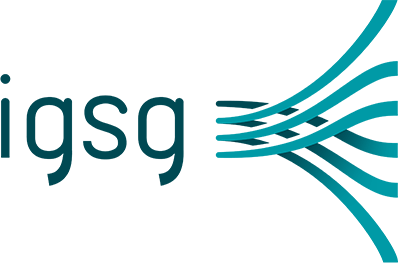Justice, law and economics
Page 1 of 0
The “law and economics” approach in this research field involves using mainly quantitative economic analysis tools to study the impact of norms and policies on the efficiency of judicial systems.
The detection of efficiency (and cost-effectiveness) in “justice” is based on evaluating the rational and balanced allocation of resources referring to workloads and cost control. Efficiency, however, must not be pursued to the detriment of other fundamental elements for the quality of justice, such as effectiveness, careful study of the proceedings, impartiality, and procedural fairness towards users.
In any case, this study area offers an inevitable starting point for investigating the relationships between resources allocation, their management and the effects on the service provided referring to costs. The results of this research, then, have a direct application relevance, as they offer valuable elements to improving public policies on the economic sustainability of judicial systems and the design of reform interventions based on empirical evidence that also considers these aspects.
